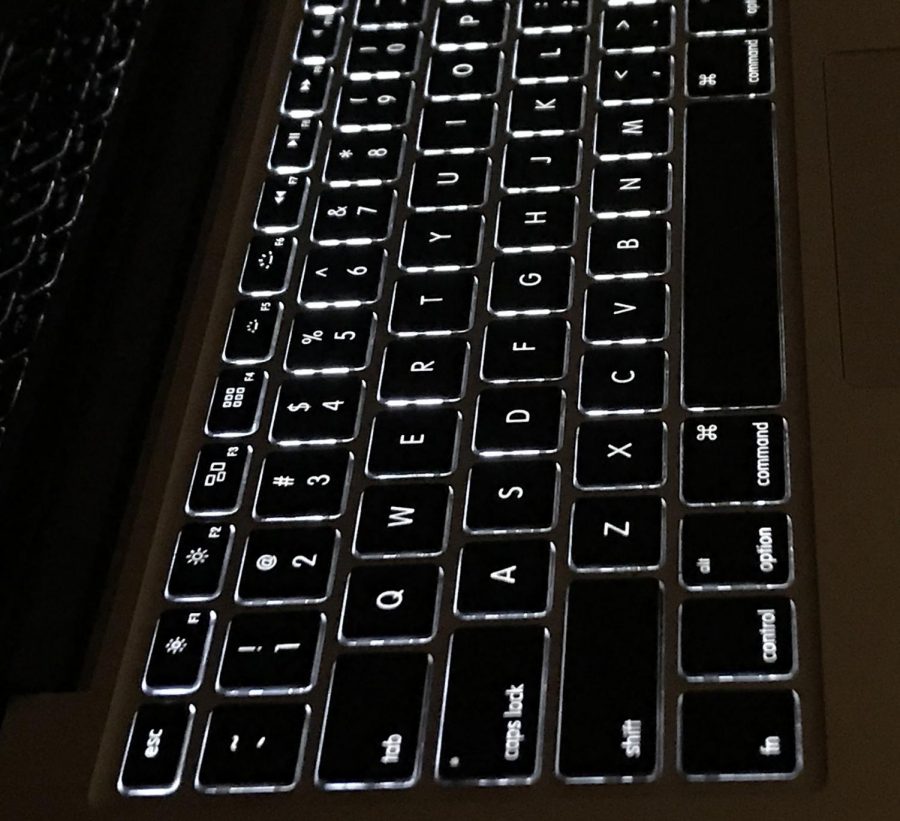“Just get started on that essay”: Why you procrastinate on writing and how to stop
Contrary to popular belief, procrastination often arises from a fear of failure rather than laziness.
It is a stomach-churning race against the clock. Each second matters, as I furiously pound my drained fingers into the keyboard. There’s no space to think about anything other than the task at hand—only write, write, write.
Writing a paper at the last minute is exhausting and often results in a shoddy final product, yet so many of us continually do so. We procrastinate for days or weeks until, before we know it, the paper is due, and it’s time to grind.
If asked, most students who procrastinate while writing would likely say that they procrastinate out of laziness. It seems like the logical answer. By not writing a paper until the last minute, we seem to fail in terms of time management and individual responsibility.
This typical understanding of procrastination may hold true in some cases. For many of us, though, our procrastination on writing arises out of a fear of failure rather than laziness. In order to cut down on procrastination, students must grapple with this fear and develop new habits.
According to the Oxford English Dictionary, procrastination means “The action or habit of postponing or putting something off; delay, dilatoriness … Often with the sense of deferring through indecision, when early action would have been preferable.”
Why do they do it?
A 2013 study by psychologists at the University of Sheffield found that people often procrastinate out of “the immediate urgency of managing negative moods.” In other words, people tend to procrastinate out of fear or anxiety.
Last Friday, my fellow New Trier News editors and I discussed how we procrastinate before writing. A comment by one of my fellow editors stuck with me: “Most of us are really good at procrastinating and enjoy it.”
At first, this comment confused me—how could procrastination ever be at all fun? But then I thought a little bit and realized that the editor was referring to the adrenaline rush that comes from racing against the clock to complete a piece of writing. This adrenaline rush seems to wash away any indecisiveness one feels and is, therefore, somewhat satisfying.
The problem with enjoying procrastination when writing, though, is that it is an unhealthy experience. Staying up until 2 a.m. to write a paper ultimately harms one’s health, and anything written at 2 a.m. tends to be comparatively low quality. In a way, it is a form of self-harm.
So, what can a person do to stop procrastinating while writing?
Well, one way might be to establish a writing routine. Just as elite basketball players practice a free throw routine, many elite writers follow the same routine every time they practice their craft. The great Toni Morrison, for instance, always drank a cup of coffee while watching the sunrise before she sat down to write. Finding a routine that helps you mentally prepare to write may help in combating procrastination.
Another method might be to note Parkinson’s Law—work expands to fill the amount of time available for its completion—and set time limits and due dates in your writing process. These tools could provide the right incentive to get started on a paper earlier on.
I struggle a lot with procrastination in my writing, but I do find a few tools helpful in cutting down on my procrastination. Free-writing helps me get my thoughts down without worrying about how good they are, editing/revising on paper allows me to escape the distractions of the internet, and saying the words I write out loud prevents me from getting lost in my head. Also, so that notifications do not distract me, I always turn off my phone while writing.
Going into writing this article, I worried that I would, ironically, procrastinate on it. Fortunately, I took extra care to use my anti-procrastination tools and was able to complete the article in a sensible three days.
I do not think that I, nor almost anyone else who procrastinates while writing, will ever entirely be able to stop. Somedays, I find it near impossible not to procrastinate. By confronting the fear that leads to procrastination and developing new habits, though, other students and I can cut down on our procrastination.







































